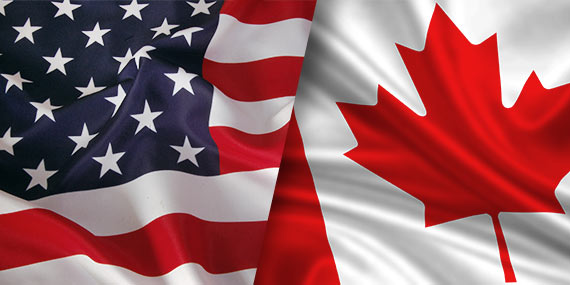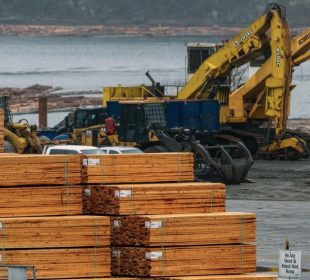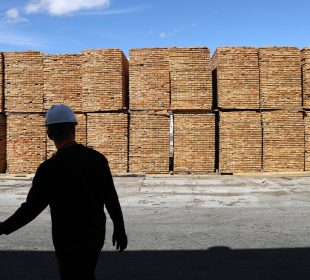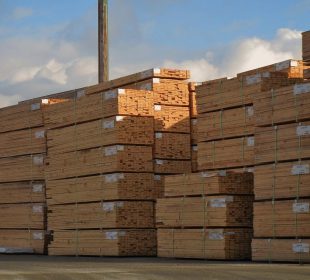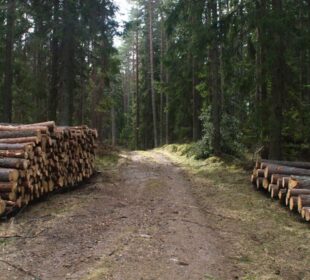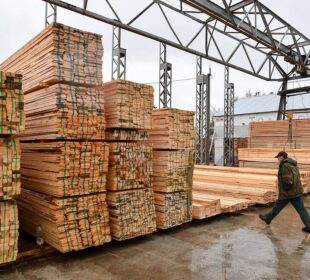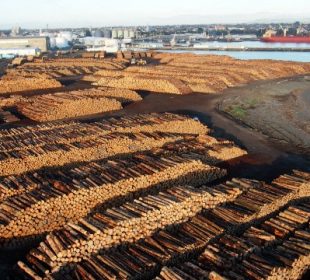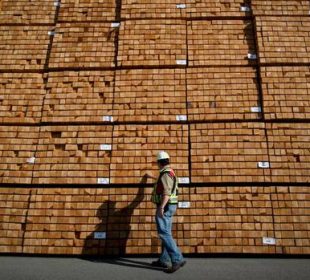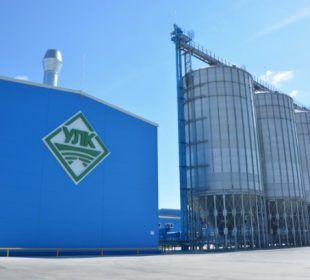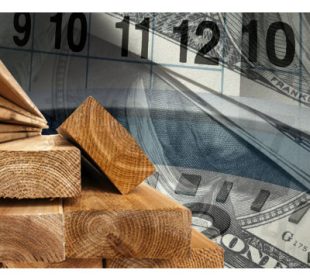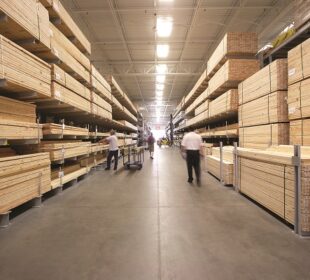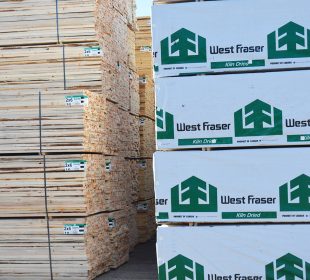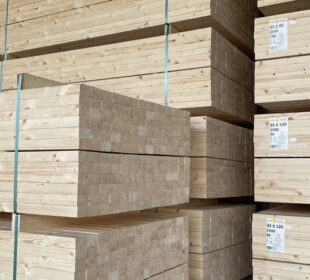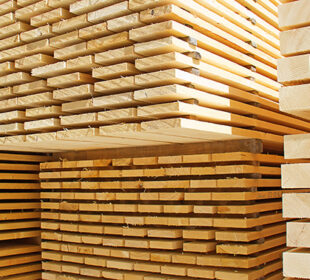Wilbur Ross, the US Commerce Secretary, announced on the 28th of August a 2-1/2 month delay in determining final anti-dumping and anti-subsidy duties on Canadian softwood lumber
The decision was taken as to buy more time to negotiate a settlement of the trade dispute.
According to Reuters, the Commerce Department had previously been scheduled to announce final lumber duties on Sept. 6, a step that would have ended the current negotiating process with Canada's government. Ross set a new deadline of no later than November 14.
"I remain hopeful that we can reach a negotiated solution that satisfies the concerns of all parties," Ross said. "This extension could provide the time needed to address the complex issues at hand and to reach an equitable and durable suspension agreement."
Softwood lumber producers both in the US and Canada said that they want to reach a fair arrangement as to calm down the US claims over the unfairly subsidized Canadian lumber.
But both sides say they are unwilling to settle for a "bad deal," pushing the talks past the start of negotiations to modernize the North American Free Trade Agreement. As long as the Commerce Department is negotiating on behalf of the United States, the lumber talks can continue on a separate track to the NAFTA talks, which are being handled by the U.S. Trade Representative's office, as reported by Reuters.
The dispute between the two countries is decades old and is centered on the fees paid by the lumber mills in Canada for timber cut largely from government-owned land. These fees are lower than the fees paid on US timber, which mostly comes from private land. Thus, the Canadian government argues that its fees are fair and is prepared to litigate the matter if a settlement cannot be reached.
The lumber producers in the US wish for a system of "clean quota", which would limit Canadian mills to a certain share of the US market.
Last week, in a joint statement, Canada's ambassador to the United States and envoys from major lumber-producing provinces, said that the coming weeks "will be critical to determine whether we have a partner in the United States prepared to advance our shared interests."
The U.S. Commerce Department is collecting preliminary duties of 17 percent to 31 percent on Canadian softwood lumber.

